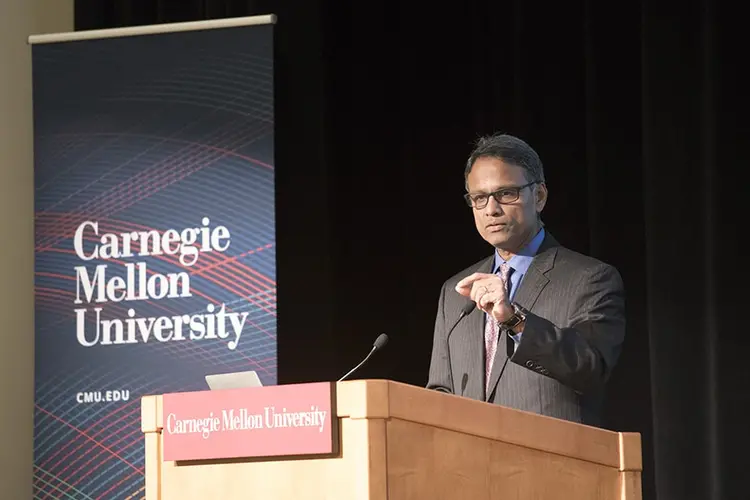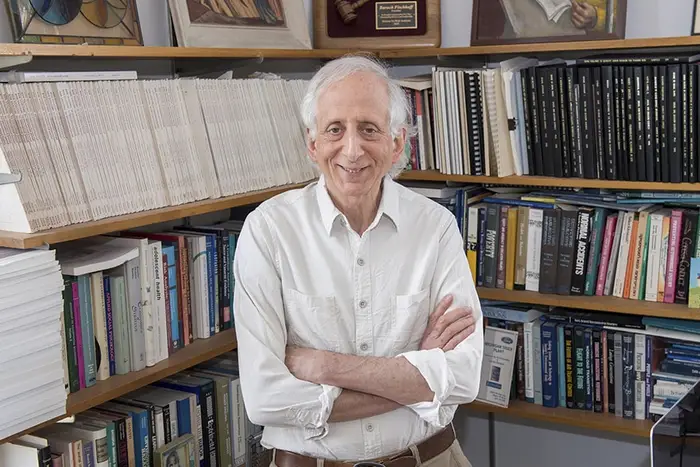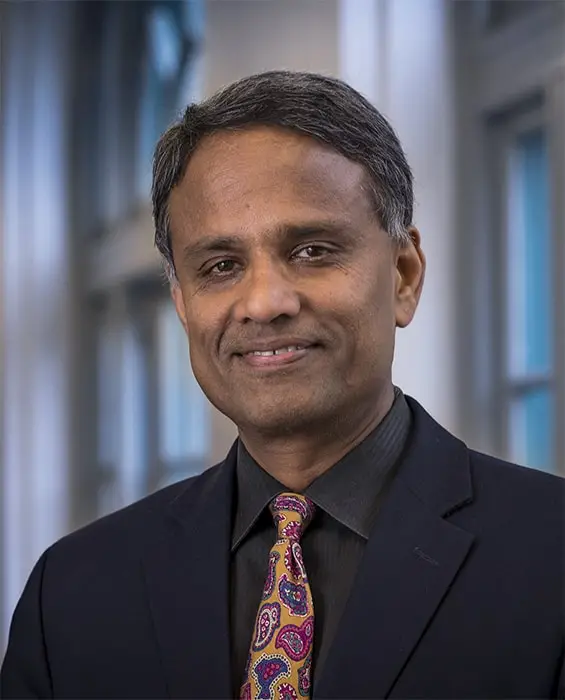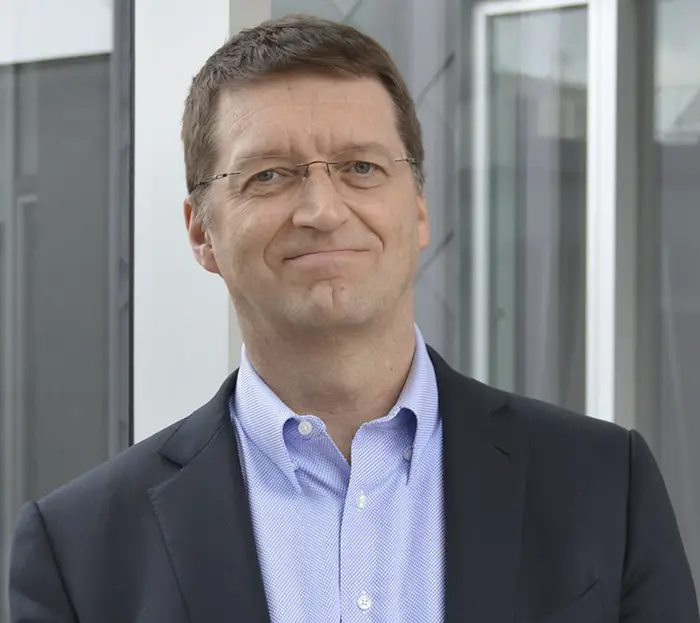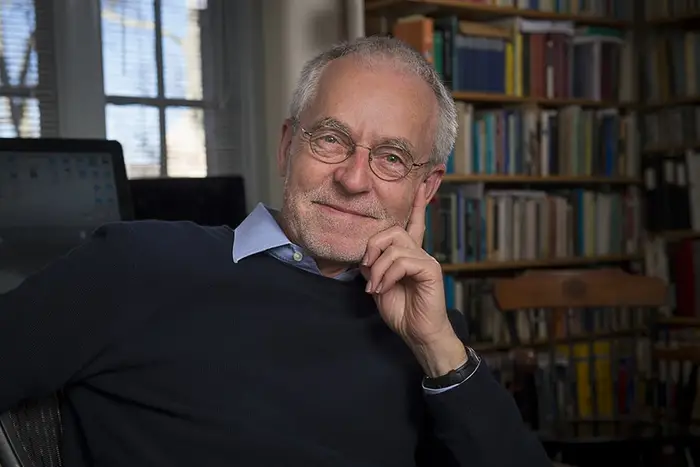Four CMU Faculty Named AAAS Fellows
Media Inquiries
Four Carnegie Mellon University faculty have been named 2021 fellows(opens in new window) of the American Association for the Advancement of Science (AAAS). This lifetime distinction includes 564 scientists, engineers and innovators in 24 scientific disciplines.
Since 1874, the AAAS Council has selected fellows for their achievements across disciplines from research, teaching and technology; to administration in academia, industry and government; to excellence in communicating and interpreting science to the public.
The CMU faculty named to this year's class are Baruch Fischhoff from the College of Engineering(opens in new window) and Dietrich College of Humanities and Social Sciences(opens in new window), Ramayya Krishnan of the Heinz College of Information Systems(opens in new window) and Public Policy, Tuomas Sandholm of the School of Computer Science(opens in new window), and Wilfried Sieg of the Dietrich College.
Baruch Fischhoff
Baruch Fischhoff(opens in new window) is the Howard Heinz University Professor in the Department of Engineering and Public Policy(opens in new window) and Institute for Politics and Strategy(opens in new window). His research examines the judgments of experts and laypeople related to personal and public policy decisions involving health, safety and the environment. He has worked on topics as diverse as climate change, intelligence analysis, pandemic disease (including COVID-19), nuclear power, personal safety, trauma triage, breast cancer, pharmaceutical regulation and sexually transmitted infections.
Fischhoff is an elected member of the National Academy of Sciences and the National Academy of Medicine, as well as former president of the Society for Judgment and Decision Making and the Society for Risk Analysis. He has chaired committees of the U.S. Food and Drug Administration, Environmental Protection Agency, and the National Academy of Sciences. He is also a fellow of American Psychological Association (APA), Association for Psychological Science, Society of Experimental Psychologists and Society for Risk Analysis. He has received the APA Award for Distinguished Contributions to Psychology, Carnegie Mellon's William H. and Frances S. Ryan Award for Meritorious Teaching, a doctorate of humanities honoris causa from Lund University, an Andrew Carnegie Fellowship, and the Sigma Xi William Procter Prize for Scientific Achievement.
Ramayya Krishnan
Ramayya Krishnan(opens in new window) has been dean of the Heinz College of Information Systems and Public Policy since 2008 and is the W. W. Cooper and Ruth F. Cooper Professor of Management Science and Information Systems with appointments at Heinz and the Department of Engineering and Public Policy.
Krishnan's interests center on the role of information and decision analytic systems in organizations and society. He founded the Masters of Information Systems and Management(opens in new window) program at Heinz College in 1998. His research has focused on the development and deployment of decision support tools that analyze, interpret and act on consumer and social behavior in digital and networked platforms. More recently, he has focused on developing data driven approaches to help workers acquire the skills required in an evolving labor market. He is the faculty director of CMU's Block Center for Technology and Society(opens in new window).
Krishnan has extensive public policy credentials. In 2020, he led a CMU team of faculty experts helping Gov. Tom Wolf and the commonwealth of Pennsylvania(opens in new window) to use data science and modeling to inform the state's public health and economic decisions in response to the COVID-19 pandemic. Krishnan served on the GeoTech Commission at the Atlantic Council(opens in new window), and is a member of the policy advisory board of the U.S. Government Accountability Office. He serves on a select advisory board on technology and economic development to the president of Asian Development Bank.
Krishnan is a former president of the Institute for Operations Research and the Management Sciences (INFORMS) and an INFORMS Fellow, and was selected as a fellow by the National Academy of Public Administration.
Tuomas Sandholm
Tuomas Sandholm(opens in new window) is the Angel Jordan University Professor of Computer Science at the School of Computer Science, co-director of CMU AI, and the founder and director of the Electronic Marketplaces Laboratory.
Sandholm's research focuses on the convergence of artificial intelligence, economics and operations research. He has built optimization-powered electronic marketplaces since 1989 and has used several of those systems in real-world settings.
Sandholm and his students have developed the leading algorithms for several general classes of games, including no-limit Texas Hold'em poker. An artificial intelligence they created, named Libratus, became the first AI to beat top humans(opens in new window) at the game heads-up. It was followed by another AI, Pluribus, that became the first and only AI to best top humans(opens in new window) in the game's multiplayer version.
Since 2010, Sandholm's algorithms have run the national kidney exchange for the United Network for Organ Sharing, where they autonomously generate the kidney exchange transplant plan for 80% of U.S. transplant centers each week. He also co-invented never-ending, altruistic, donor-initiated chains, which have become the main method of kidney exchange worldwide and have led to around 10,000 transplants. His work in this area enabled liver lobe and multi-organ exchanges, leading to the first liver-kidney swap in 2017(opens in new window).
Wilfried Sieg
Wilfried Sieg(opens in new window) is the Patrick Suppes Professor of Philosophy in the Dietrich College of Humanities and Social Sciences and a Fellow of the American Academy of Arts and Sciences. He came to Carnegie Mellon in 1985 to co-found the Department of Philosophy(opens in new window) with a distinctive interdisciplinary and scientific bent. He served as department head for 11 years, from 1994 to 2005. He was instrumental in creating the program in Pure and Applied Logic(opens in new window), jointly with the Mathematics and Computer Science departments. He initiated the Laboratory for Symbolic and Educational Computing(opens in new window) that has been the hub for a number of large computational projects.
The study of mathematics drew Sieg to research mathematical logic, and the philosophy and history of modern mathematics. His mathematical work has been mainly in proof theory, a part of logic that is deeply connected with central methodological issues for mathematics. The proof theoretic research is complemented by conceptual analyses of work by preeminent mathematicians and logicians of the 20th century, namely, Richard Dedekind, David Hilbert, Paul Bernays, Kurt G�del and Alan Turing. He co-edited Hilbert's "Unpublished Lecture Notes on Logic and Arithmetic: 1917 to 1933" and Gödel's "Collected Works."
Sieg has long-standing interests in technology-supported learning in logic, elementary set and computability theory. His proof theoretic work on automated proof search provides the basis for dynamic, context dependent tutoring for proof construction. That holds, in particular, for his web-based course, "Logic & Proofs(opens in new window)," which he created in the framework of CMU's Open Learning Initiative(opens in new window).
“AAAS is proud to honor these individuals who represent the kind of forward thinking the scientific enterprise needs, while also inspiring hope for what can be achieved in the future,” – @sudipsparikh, AAAS CEO, on the election of the 2021 AAAS Fellows. https://t.co/5VIOSwsZYN
— AAAS (@aaas) January 26, 2022
— Related Content —
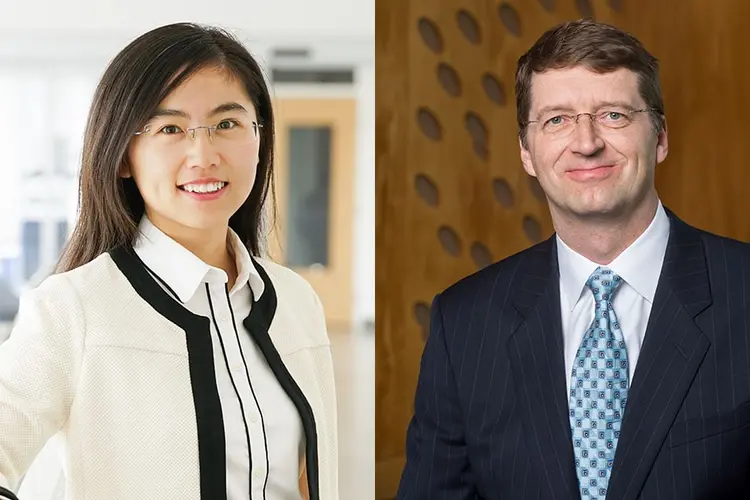
Fang, Sandholm Honored for Significant Contributions to AI
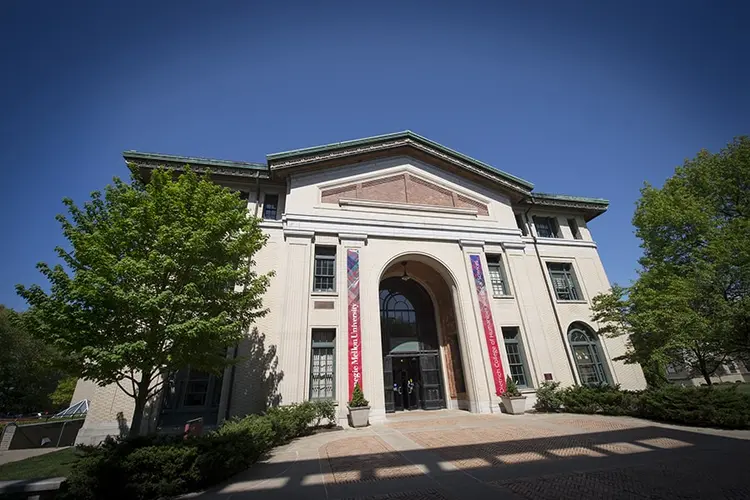
Philosophy Department Builds Community Through Summer School
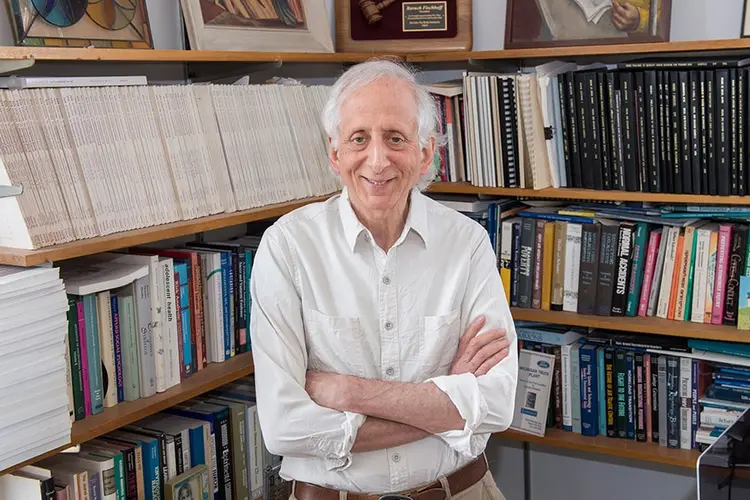
Fischhoff Recruited to Help Devise COVID Vaccine Distribution Plan
